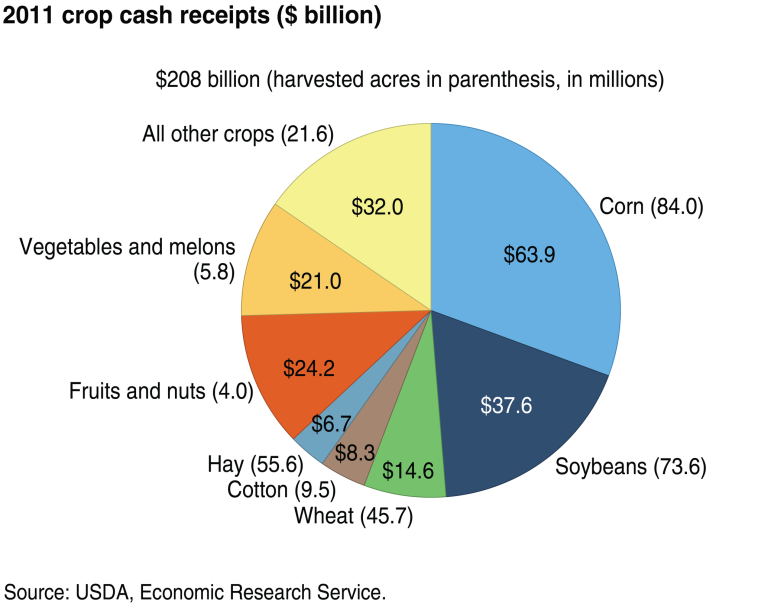One of President-elect Donald Trump’s key campaign pledges, the mass expulsion of unauthorized immigrants, might inadvertently thwart another one of his promises – reducing grocery prices. This warning comes from various migration researchers and advocates. It is widely acknowledged that a substantial portion of the low-wage farm workforce, responsible for crop harvesting across the United States and in states like Michigan, consists of migrants. The unsettling reality is that a significant portion of these workers lack legal documentation.
According to a report from the U.S. Department of Labor published in 2023, only 58% of approximately 2,600 migrant crop workers, surveyed between 2020 and 2022, had legal work authorization in the U.S. Michigan has long played host to groups and families who return year after year as migrant farmworkers, amplified by the presence of both seasonal and full-time farm workers. Regrettably, a vast number of these farmworkers do not possess valid documentation.
If a large-scale deportation were to occur, even originating outside the state, it could spark fear amongst these migrant farm workers, dissuading them from making their annual work trips to Michigan and other agricultural states. The potential consequences of such an event could strike as an economic blow to an industry that’s already grappling with labour shortage issues.
Historically, American citizen or resident laborers have shown little interest in engaging in agricultural field work. A diminishing immigrant workforce could result in farmers needing to raise wages to attract workers. Given that large grocery chains already operate on a minuscule net profit of 1.6% after tax, due to the pressure on farmers to keep produce prices low, this could lead to a significant challenge.
Agriculture plays a key role in Michigan’s economy, ranking as the state’s second-largest industry. It brings in an impressive $125 billion annually and provides employment to nearly a million people, which constitutes almost 25% of the state’s total workforce, as stated by the Michigan Farm Bureau.
Michigan takes pride in being the nation’s leading producer of asparagus, a crop that demands manual harvesting. However, recently, there’s been a noticeable decrease in the number of migrant workers heading north to Michigan’s fields.
The trend of the younger generation of agricultural workers deciding to remain in Mexico is causing more elderly farm workers filling roles in the U.S., making it a growing concern. Attracting and retaining employees is a struggle faced by businesses everywhere, but it’s especially severe in the farming industry, including not just field crops, but dairy farming, meat production, and fisheries as well.
The cost of farming could increase significantly if farmers struggle to secure the labour they require. Across the nation, farmers rely on a skilled and dependable workforce to contribute to a sustainable food supply. It’s unfortunate that many of our farmers are grappling with a labour crisis and have been seeking assistance from the Congress for years.
Too many farmers are on the verge of closure, unable to handle their labor issues, and some have already made the sorrowful decision to stop farming entirely. For us to help mitigate the escalating labor costs and ensure continuation of high-quality food growth in Michigan, policymakers from both sides of the political spectrum need to collaborate on a long-term legislative solution.
Every year, close to 49,000 migrant seasonal farm workers come to Michigan for work. Including their family members, the migrant population in the state is nearly around 100,000 annually.
Mass deportations could have a catastrophic effect on Michigan’s second largest industry. The journey of a migrant farmworker becoming increasingly precarious and hazardous for their families and could also potentially impact legal crop production workers.
This uncertainty could subsequently cause unease among other workers in the agricultural industry; they might feel uncomfortable appearing as noncitizens within the ag labor force because of the high visibility of their role. Evidently, repercussions of such a mass deportation could ripple into the pricing of our food.


